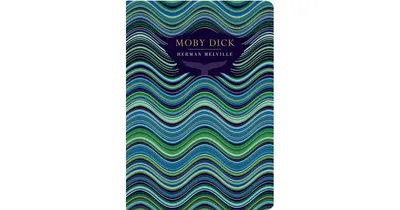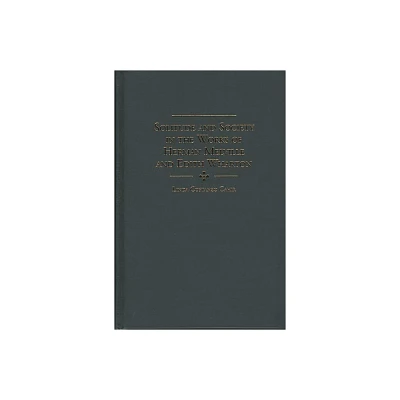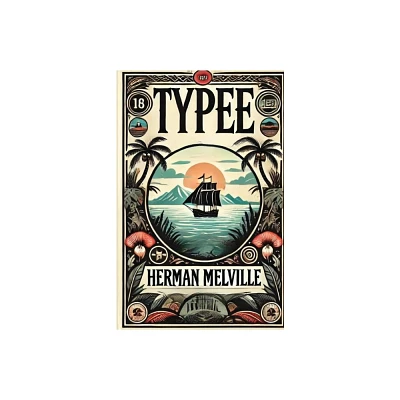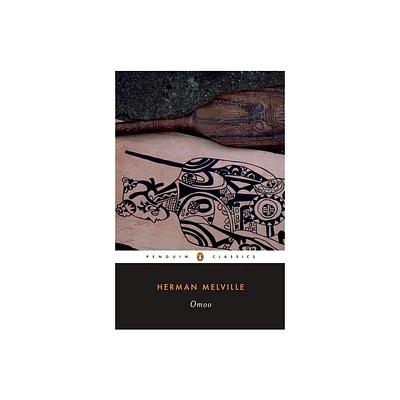Home
An Artist in the Rigging: The Early Work of Herman Melville
Loading Inventory...
Barnes and Noble
An Artist in the Rigging: The Early Work of Herman Melville
Current price: $23.95


Barnes and Noble
An Artist in the Rigging: The Early Work of Herman Melville
Current price: $23.95
Loading Inventory...
Size: OS
*Product Information may vary - to confirm product availability, pricing, and additional information please contact Barnes and Noble
An Artist in the Rigging
is a study of Herman Melville's early novels
Typee
,
Omoo
Mardi
Redburn
, and
White-Jacket
. The author considers these fictions from the standpoint of thematic relationship rather than of chronological development. He shows that while the five hero-narrators are separate and distinct entities, they have much in common and can be seen as representing different facets of an emergent composite hero-from the sensitive and restless young man who leaves home to search hungrily for experience, to the wanderer immersed in a deep probing of himself and his world. The hero's thirst for psychological independencewhat comes to be his overriding ambitionis never satisfied, and destruction becomes inevitable, culminating in a paradoxical "apotheosis" in which the narrator-hero achieves this independence, but only at the expense of his humanity.
Dillingham persuasively demonstrates the interrelated qualities of these five novels, and in so doing he shows that the young Melville was a far greater literary artist than he gave himself credit for being. This fiction constitutes a powerful achievement in richness of texture, range of effect, and depth of characterization, as
makes clear.
is a study of Herman Melville's early novels
Typee
,
Omoo
Mardi
Redburn
, and
White-Jacket
. The author considers these fictions from the standpoint of thematic relationship rather than of chronological development. He shows that while the five hero-narrators are separate and distinct entities, they have much in common and can be seen as representing different facets of an emergent composite hero-from the sensitive and restless young man who leaves home to search hungrily for experience, to the wanderer immersed in a deep probing of himself and his world. The hero's thirst for psychological independencewhat comes to be his overriding ambitionis never satisfied, and destruction becomes inevitable, culminating in a paradoxical "apotheosis" in which the narrator-hero achieves this independence, but only at the expense of his humanity.
Dillingham persuasively demonstrates the interrelated qualities of these five novels, and in so doing he shows that the young Melville was a far greater literary artist than he gave himself credit for being. This fiction constitutes a powerful achievement in richness of texture, range of effect, and depth of characterization, as
makes clear.


















